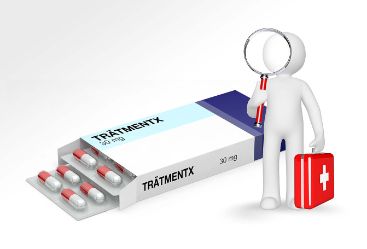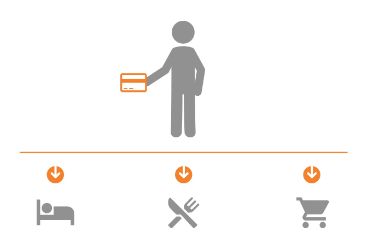"Low Value Care": a new study examines the consequences of excessive or inappropriate care for two diseases
15 December 2023 | Comment(s) |
David Bumann

A study carried out by the University of St. Gallen, using data of Groupe Mutuel, shows in concrete terms and for two clinical models how patients can receive better care in terms of quality while limiting costs: chronic obstructive pulmonary disease (COPD) and coronary heart disease (CHD).
Low value care can be defined as services that provide little or no benefit to patients or may even be harmful to them. This leads to unnecessary costs, and limited medical resources are used inefficiently. A study by the University of St. Gallen, using anonymised data from Groupe Mutuel, identified, measured and assessed the impact in terms of quality and costs of low value care for two very common diseases: chronic obstructive pulmonary disease (COPD) and coronary heart disease (CHD).
In the case of COPD, it is crucial to take medication regularly.

In Switzerland, close to 400,000 people suffer from this incurable lung disease, which incurs costs estimated at between CHF 603 and 847 million a year. However, taking medication regularly can slow the deterioration in health. Unfortunately, the study shows that a significant proportion of patients do not take their medication as prescribed, which has a negative impact on their health and healthcare costs, since the health costs of COPD patients who do not take their medication regularly are on average around CHF 10,000 more than for patients who do take it regularly. This is because the risks of hospitalisation and complications are higher for patients who fail to adhere to their medication guidelines.
In the case of CD, too many invasive and costly diagnostic procedures are carried out.
Coronary heart disease is one of the most common cardiovascular diseases, and one of the main causes of death and hospitalisation in Switzerland. Coronary artery disease can be diagnosed in one of two ways: coronary CT scans or invasive coronary angiography, which presents a higher risk for the patient and is more costly. The study found that thanks to an enhanced diagnostic pathway, there is a potential saving of around CHF 5 million a year for Groupe Mutuel policyholders when patients are treated using the most cost-effective diagnosis.

See below for the press release.
Groupe Mutuel is a key opinion leader thanks to health surveys
One of the Groupe Mutuel's objectives is to be a key opinion leader in the field of health and pensions and to play a driving role in improving our health system. To achieve these goals, Groupe Mutuel commissions health economics studies from Swiss research institutes, financed by an annual budget granted by Fondation Groupe Mutuel. These studies are managed and monitored by the General Secretariat, in close collaboration with the Actuarial, Data & Analytics, Communication & Organisation departments and the relevant in-house business sectors.
Groupe Mutuel is proactively committed to maintaining an efficient, liberal and financially viable healthcare system.





























































